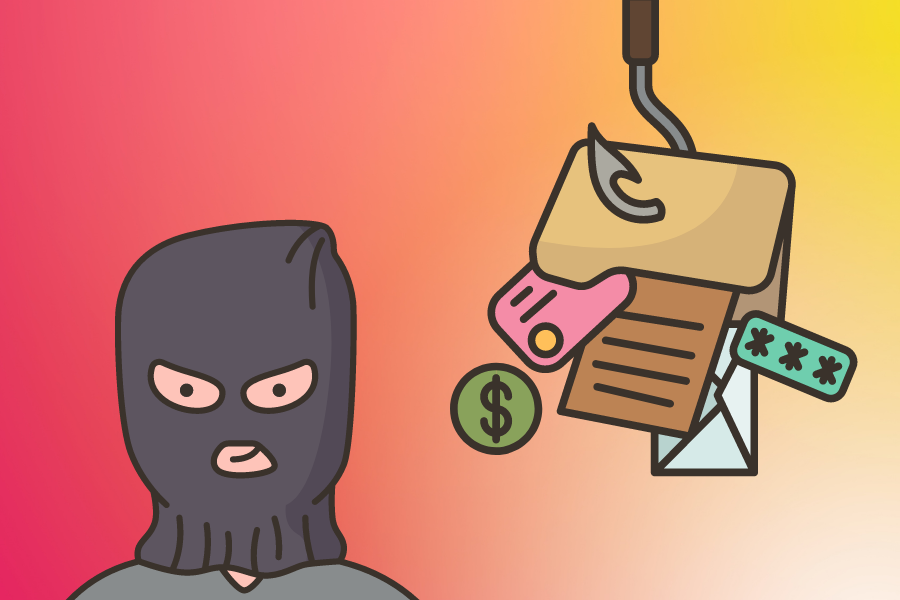Advanced Fee Scam

Have you been contacted by a Nigerian prince? Has a dying widow offered you an inheritance of millions of dollars? Did the United Nations email you about a generous fund? These are all examples of advanced fee scams (also known as 419 scams, because 419 refers to Nigerian Code dealing with fraud). Advanced fee scams have been around for decades and can be traced back to the early 1900's. They have evolved from using mail and fax to using email as the primary delivery mechanism for the scam. Advanced fee scams are very common today and thousands of dollars are lost to scammers. These scammers prey upon those who are not in the best of situations. People who have recently lost a job or a loved one or who have come upon some other unfortunate circumstances are the prime target for these scammers.
How the scam works
A typical advanced fee scam consists of these steps:
- The scammer makes initial contact with the victim. There is usually some story where the victim is going to receive a huge amount of money.
- The scammer will send more emails about the riches that the victim will receive. The scammer may also ask for personal information or identification from the victim. The scammer may use this information later for other fraudulent purposes.
- The scammer may send the victim fake documents, trying to make the scam seem legitimate. These may include id cards, shipping documents, or other official documents. These are usually poorly made and easy to tell that they are fake.
- The scammer will now ask the victim for money. They will say it is for something like a transfer fee, shipping fee, or some other made-up fee. They will ask for the money via a method that is hard to trace. This will most likely be through gift card, online money transfer service (like Western Union or MoneyGram), bitcoin, or other similar method. Note if a stranger asks for money through one of these methods, it is most likely a scam. The scammer will always insist on the payment of the fee, since this is the entire scam. If the victim doesn't pay the money, the scammer will move on to the next victim.
- If the victim pays the scammer money, that money is most likely lost forever. Scammers choose methods of payment that are hard to cancel and trace. Once the scammer gets the money, they will probably either leave with it, never to be heard from again, or will continue asking the victim for more and more money making up new fees and reasons why they can't receive the promised money. This cycle can go on forever, until the victim has lost everything.
It is important to note that the promised money does not exist. There is no chance that you will every receive a large amount of money from a stranger.
What to do about this scam
The best thing to do when you come across an advanced fee scam is to either ignore it or report it. You can report these scams to the FTC by clicking this link. Never send your personal information or money to strangers over the internet. You will most likely not get your money back, and you will not get the money that the scammer promised you.
If you suspect that an email is an advanced fee scam, try the scam email detector tool, it will help you know for sure if an email is a scam or not. It is excellent at detecting advanced fee scams.